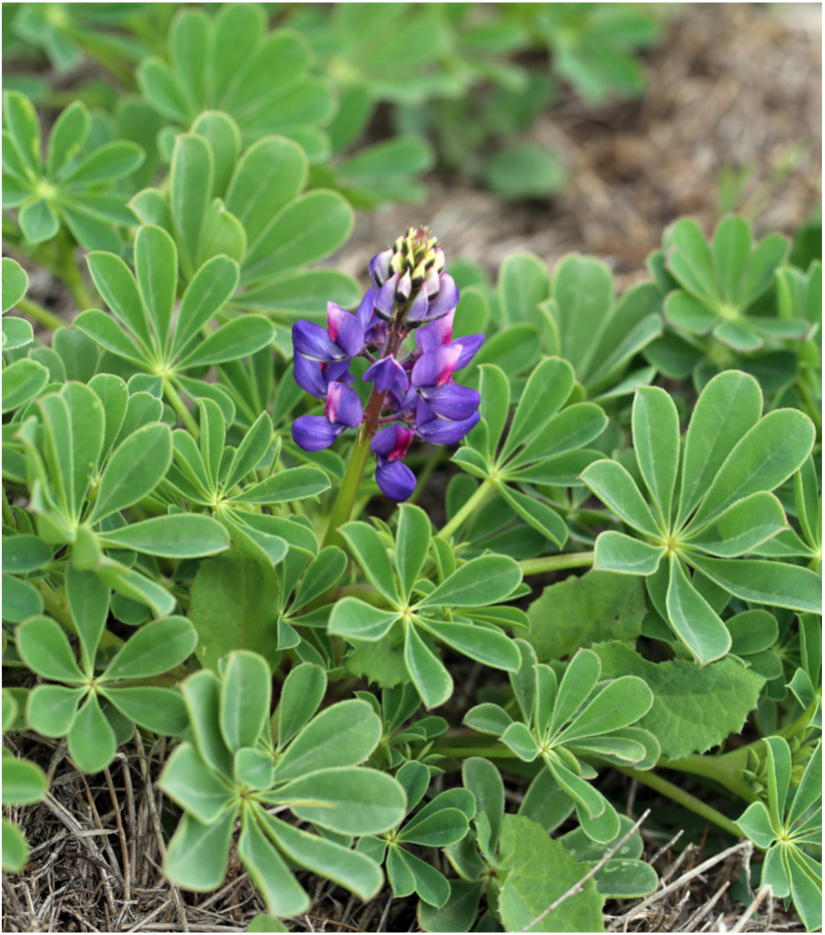April 2023 Newsletter
Hedgehog Cactus, Anza-Borrego Desert State Park © Paulette Donnellon
Executive Director Note - Milena Fiore
The UN IPCC released its most recent AR6 Synthesis Report on March 20, 2023, and it states that, “there is a rapidly closing window of opportunity to secure a livable and sustainable future for all.” Human activities, principally through emissions of greenhouse gases, have unequivocally caused global warming, with global surface temperature reaching 1.1°C above 1850–1900 in 2011–2020.
ReScape got laser-focused on nature-based work in 2018 when the initial UN IPCC Report came out. At that time the 2018 Report confirmed urgent changes were needed to cut the risk of extreme heat, drought, floods and poverty. The March Report says that global average temperatures are estimated to rise 1.5 degrees Celsius (2.7 degrees Fahrenheit) above preindustrial levels sometime around “the first half of the 2030s,” as humans continue to burn coal, oil and natural gas, so the next seven years are crucial.
We are all still emerging from the pandemic and the current chaos, but we must not give up. In the fatigue and suffering, let’s take the time to regenerate, and then press on. We know that nature-based solutions are the only way to regenerate the earth. And that it can happen very quickly. Strengthening nature can deliver up to one third of the emission reductions needed by 2030. And you are doing it one landscape at a time.
With gratitude,
Milena Fiore
Executive Director
Succulent Lupine ©2016 Steve Matson
Benefit Accounting of Nature-Based Solutions for Watersheds Guide – A nature-based explorer tool presents the potential benefits of various NBS with a focus on water, carbon and biodiversity.
Human impacts such as land use change and unsustainable water use are degrading ecosystem and water catchment functions. These impacts often lead to the reduced ability of ecosystems to sequester carbon, regulate water flows, maintain biodiversity and healthy waterways, promote social well-being, offer economic opportunities, and sustain agricultural productivity. Climate change is exacerbating these impacts by shifting weather patterns, degrading habitats, and increasing the recurrence and severity of natural disasters (Kabisch et al., 2016). Nature-based solutions (NBS) provide a mechanism to adapt to and mitigate climate and land use impacts.
San Francisco Bay Delta Watershed Update – There is no shortage of scientific reports on how sea level rise might affect the Bay Area. An economic study just came out of what it could cost the region to prepare itself beforehand, and the amount is as daunting as the potential threat: $110 billion.
That is the rough estimate to fully protect all vulnerable shorelines in 2050 if daily tides climb 17 inches — the mid-range scenario of current state projections — and there is a 100-year storm. The year-long study also finds that, so far, just $5.5 billion in public funds have been committed to adaptation efforts during that time frame.
Check out these very informative tools:
ART Bay Area Shoreline Flood Explorer - from the San Francisco Bay Conservation and Development Commission (BCDC). A coastal flood data tool.
Coastal Flooding Webmap Portfolio - from the Pathways Climate Institute and The San Francisco Estuary Institute (SFEI). Enter an address to see the extent of flooding from emergent groundwater compared to coastal flooding under various sea-level rise scenarios, in various scenario inches of flooding. Enter your address!
Use Nature as Infrastructure: The Economic Benefit of Nature-Based Solutions - Coastal cities worldwide are squeezed by two opposing forces: urban sprawl and the rising sea.
Wetlands, coastal plains, sand dunes, forests, and many other permeable surfaces do cheaply (or even for free) what engineered levees, seawalls and pumps do at a cost of billions of dollars. They protect the land around them from storm surge, flooding rains, erosion and pollution. They are vital infrastructure that makes us more resilient against climate change, and the cost of destroying them or weakening their ability to function must be factored into the decisions we make to build and grow.
Training Scholarships Available
ReScape Regenerative Education Fund – Anyone in our community is eligible to apply for a tuition award that will cover the costs of any ReScape qualification training or event fees. Apply here: ReScape Regenerative Education Fund.
StopWaste Scholarship - You are eligible for a full scholarship to one of all of our professional trainings if you are an employee of a public agency located in Alameda County.
SSQP Scholarship - You are eligible for a full scholarship if you are an employee of a public or water agency located in Sacramento County.


